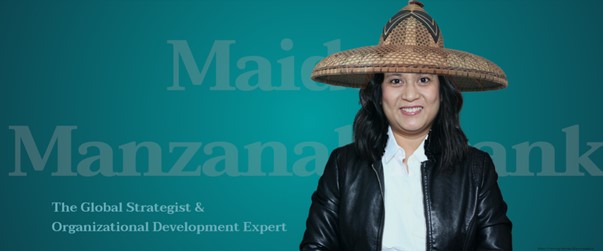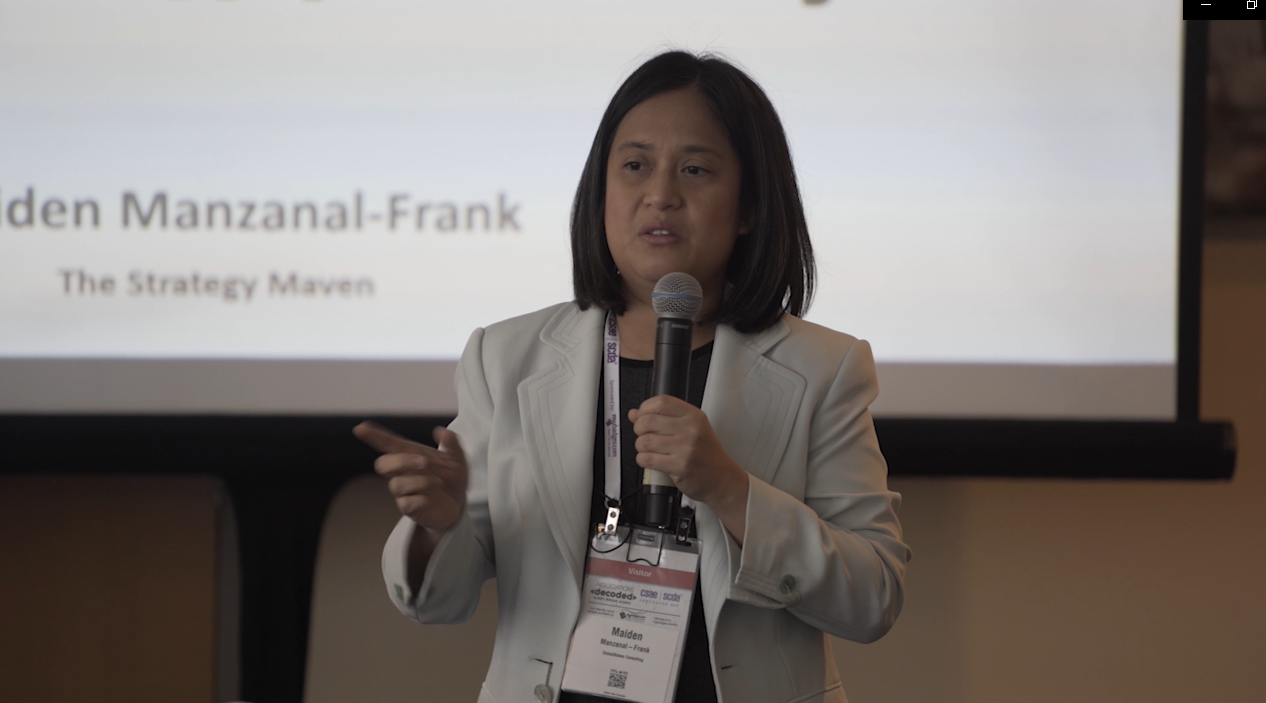Archives
July 2024
Categories
All
|
Back to Blog
SMALL PIVOTS5/7/2024 At the time that you think you're set with your business strategies. You realized that you have to make small pivots along the way to make it work. Hence, the way strategies are developed nowadays is that it's not banking on certainty, but banking on uncertainty. It's designed for complexity and agility, not set in stone. You know that your strategies, whether the Big S or the small S are as good as your implementation. And in implementation, there's no one way to getting done. Sometimes you have to go to the back door to get to the front door. Sometimes, there's no other way than to make adjustments when signals are staring you in the face. Sometimes, you have to recalibrate your tactics in light of the changing environment. The marketplace is tough. If you're not delivering you might as well go home and not put up the fight. Or go home and get back the next day with better tactics and understanding of your business offerings/programs and your clients. Either way, strategizing is an on-going process. If you feel that you have arrived on strategy, it could barely mean that it's time for the next one. Don't be afraid to pivot in as many reiterations as you can. That's where you can get the most learning and absolute fun from.
0 Comments
Read More
Back to Blog
AGAINST OBSCURITY1/15/2024  Purpose-driven organization executives are not supposed to be selling and being overtly demonstrative about what they do, their organizations' achievements, and ambitious goals. Wrong. You cannot generate the funding and resources base that you need to grow your organization by being obscure and being rated second-class. You cannot grow unless you have good strategies and the discipline to focus your energies on the right tools, techniques, and approaches. You cannot maintain your successes without seriously creating more opportunities for your organization by being bold enough to put a definite mark on what you do best. In other words, being top-of-mind is the antidote for obscurity and being obsolete. Learn to ride with the waves and avoid getting entangled with the thorns floating along the way.
Back to Blog
15 DAYS TO A STRATEGIC YEAR12/15/2023 -
2023 is almost over. I bought my daughter a Chocolate Advent Calendar marking the days to Christmas and New Year. For organizational executives, leaders, and business owners, needing to look at 2024 as strategic year, here are 15 questions to bring your focus your attention on strategy, change, and leadership. Strategic Success not Perfection I was talking to an Executive Director a few months ago about a strategy exercise they wanted to do. They decided to do a bridging strategy until a new relationship agreements are inked with a major donor. Small-scale, daring or modest, it's all about the implementation. 1. What are the musts-goals? 2. What interests and ambitions must be protected and guarded? 3. Who implements this strategy and what resources are already earmarked for it? 4. When it comes to communicating the change component of the strategy, what is the main crux of your narrative? 5. Who decides what to be done? What stakeholder mechanisms are in place to safeguard organizational-wide support and engagement? Managing Change is like Flying a Kite I used to fly a kite when I was a little kid growing up in suburban Manila. In the early 80s, we played games outside using cans, bottles, and we even cut some plant leaves and made a soup out of it and ate it too! Improvisation is key only when you have creativity. 1. Do you know where you are in your change process? 2. Have you looked at framing, reframing, and rebooting your change narrative as you adapt to more sub-changes within that big change? 3. Who needs to be informed, consulted, and won over your side over time? 4. What cultural changes and behaviors are to be championed for change to set and be retained? 5. Who is your greatest ally at this point and what could be your next selling Disrupt YOUrself I was teaching in a fellowship programme. One fellow said that he is not leading anyone. He is the finance guy and does most of his work alone with little coordination with other people in other departments. I told him that he needs to lead himself more effectively if he wants to be impactful at work and in other areas of his life. 1. When was the last time you invested in yourself that brought tremendous benefits? 2. When was the last time that it didn't make a difference? 3. What can you do next year that would make a huge difference in that one problem/situation you're dealing with? 4. What positive mindset would you carry for the rest of 2024 constantly reminding yourself when faced with challenges? 5. Who are your allies and supporters? How can you work alongside them to help you be accountable to your goals? From my family to yours, I wish you peace, calm, ease, great fellowship, and comfort this wonderful season. Happy Christmas and a Joyful and Abundant 2024! |
 RSS Feed
RSS Feed

